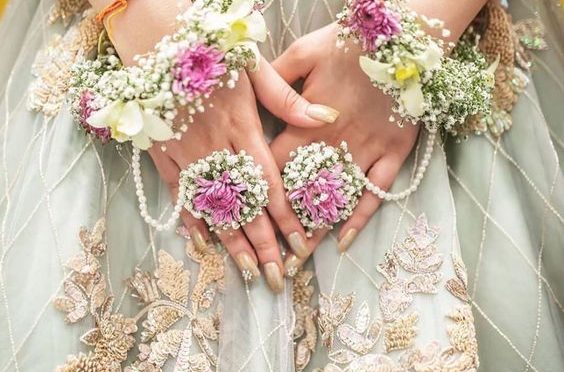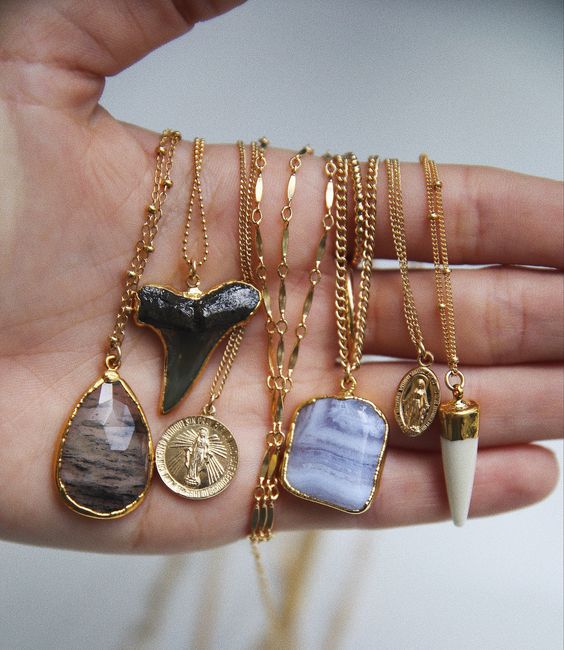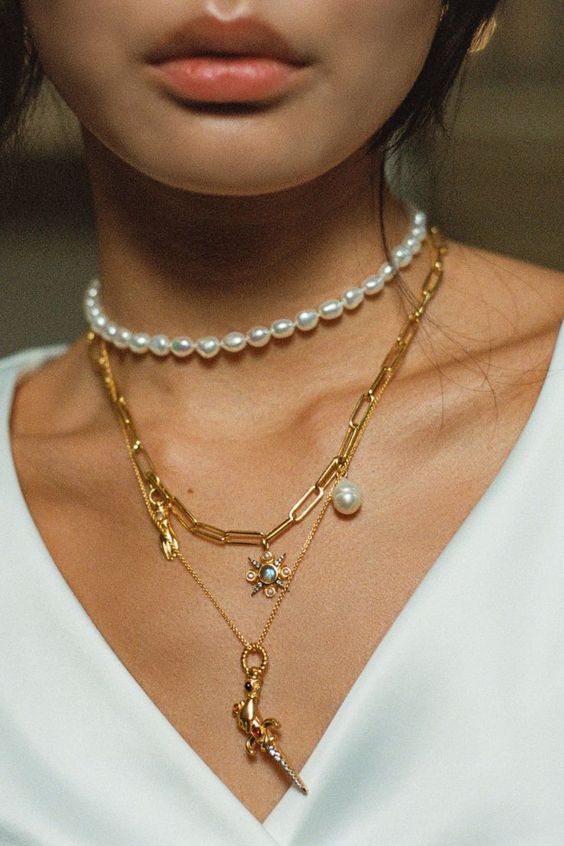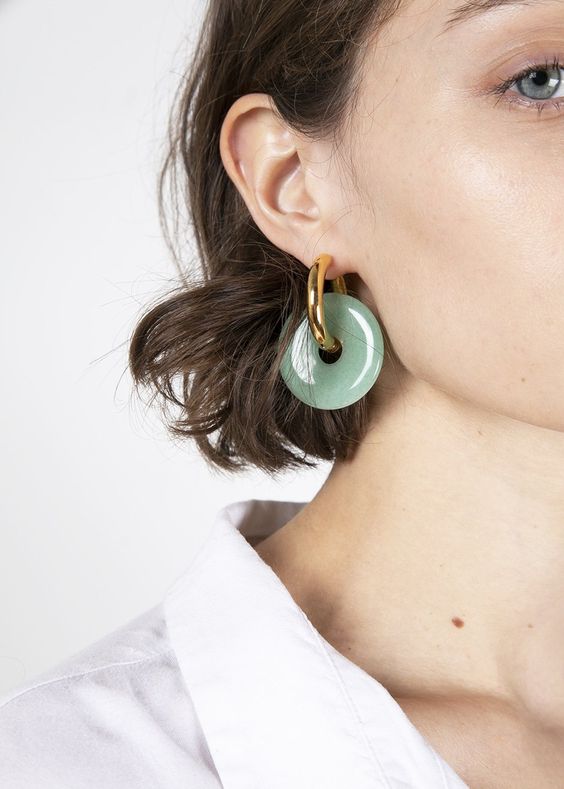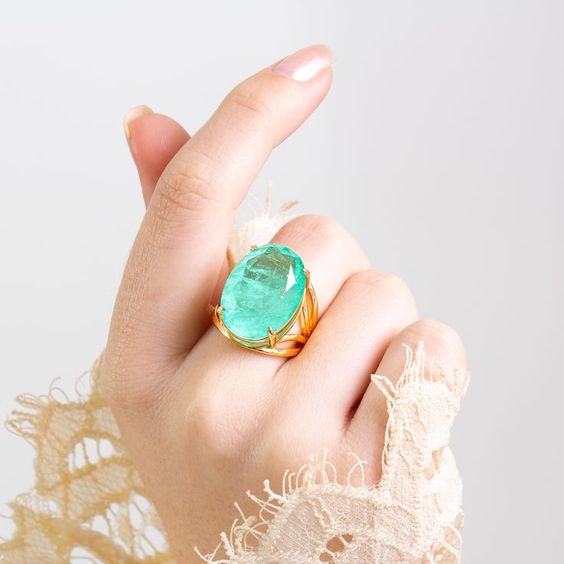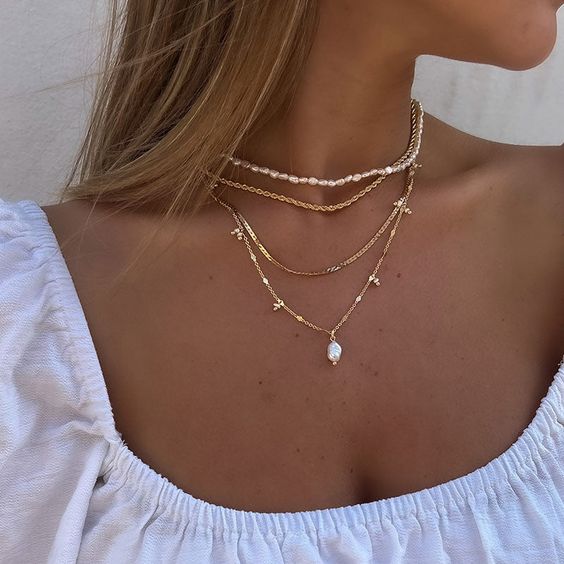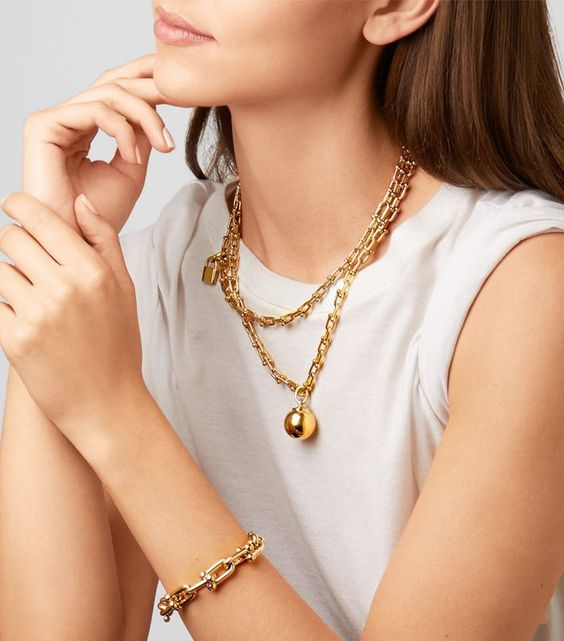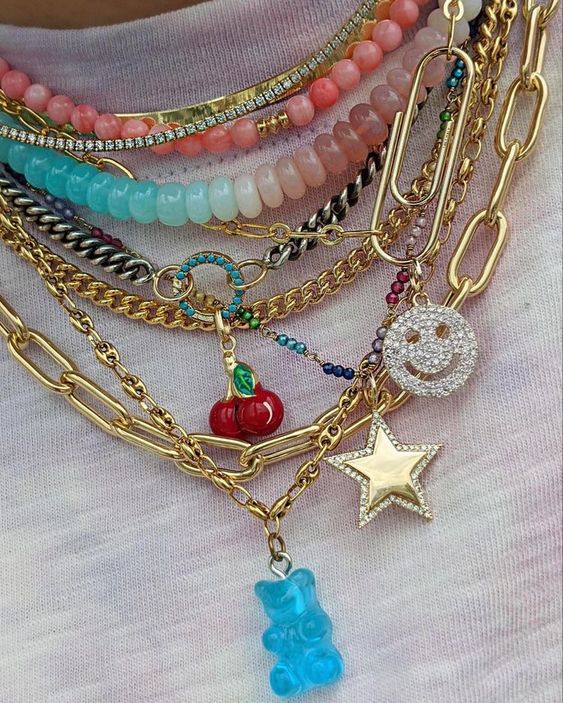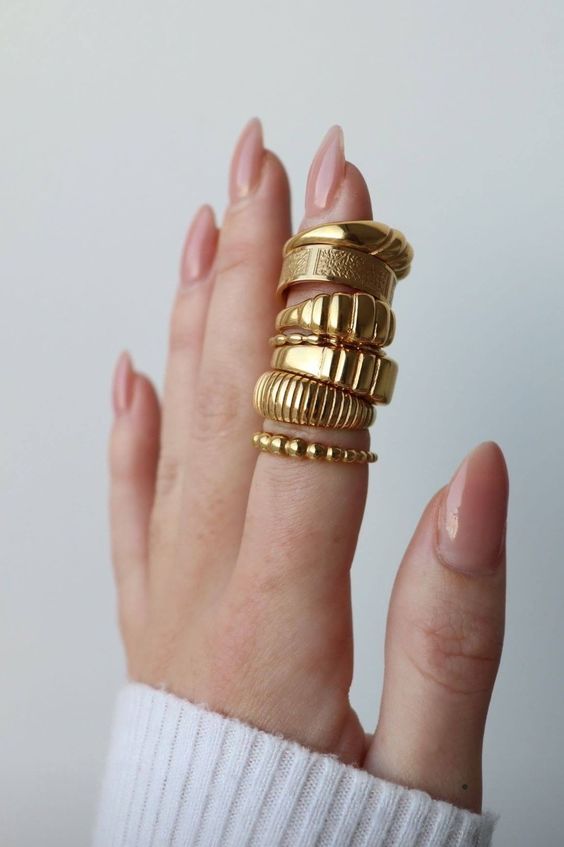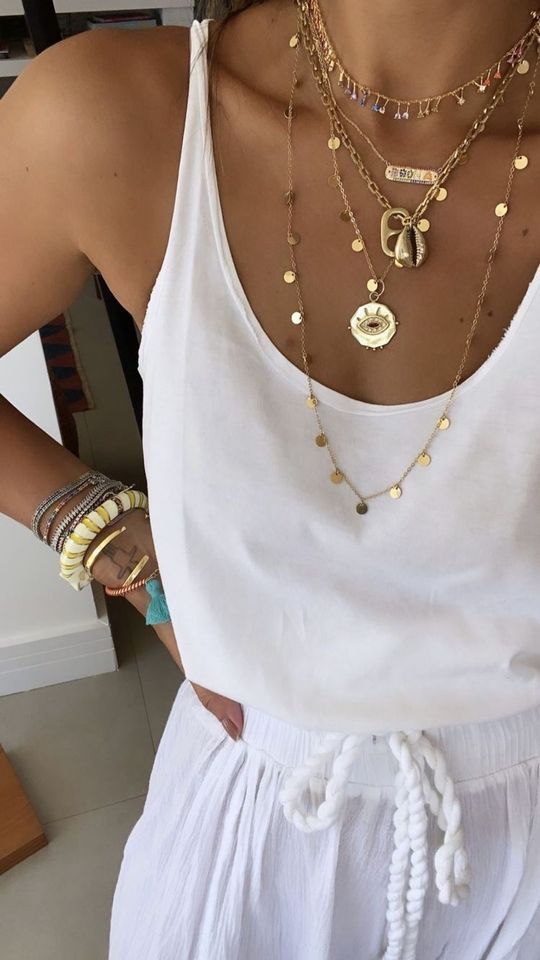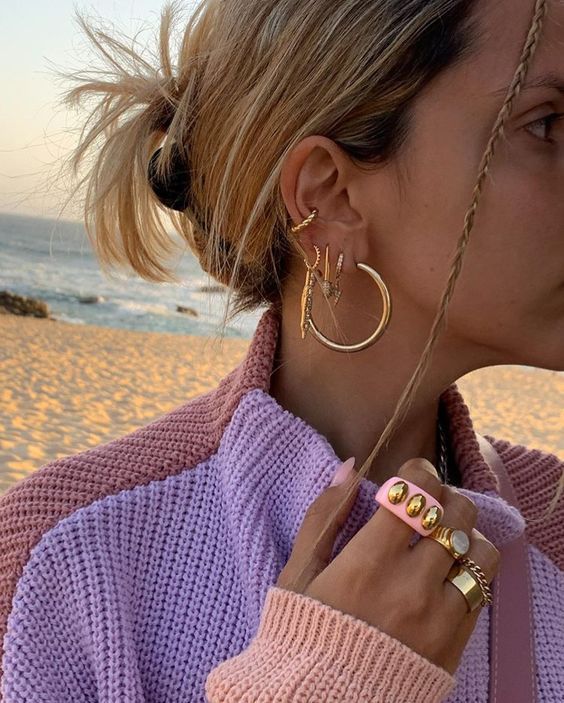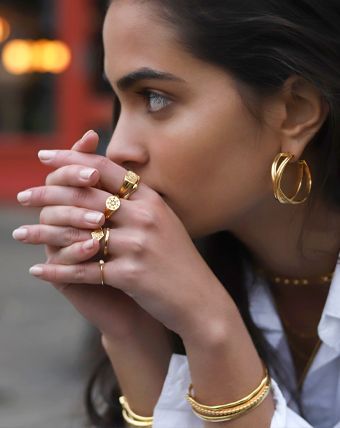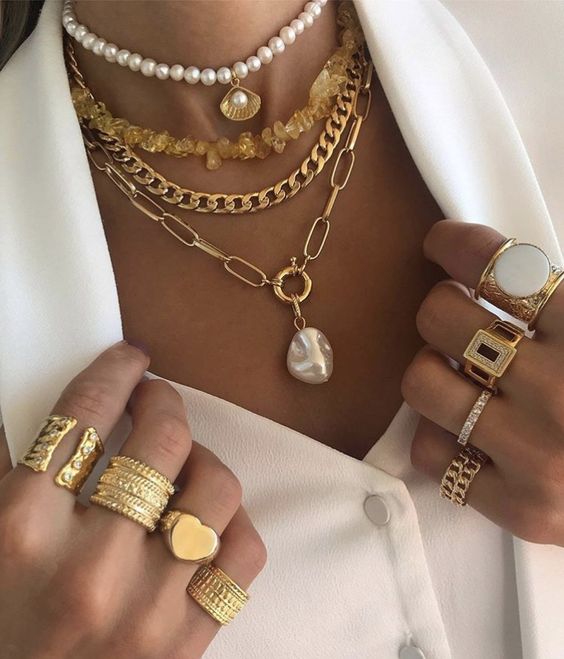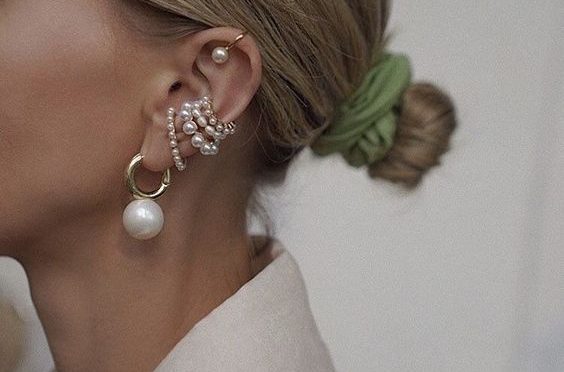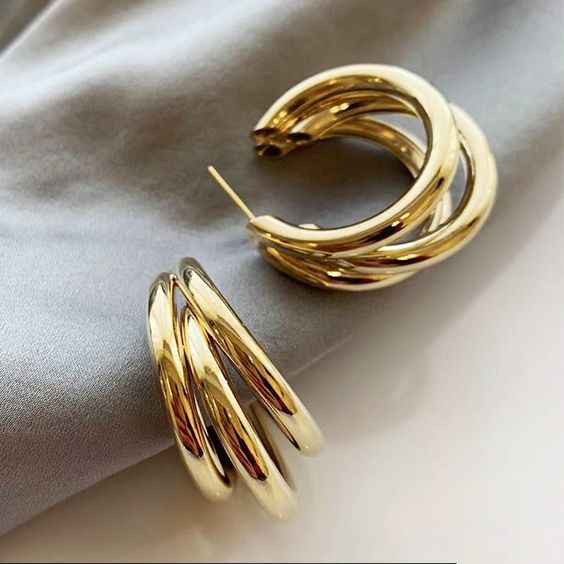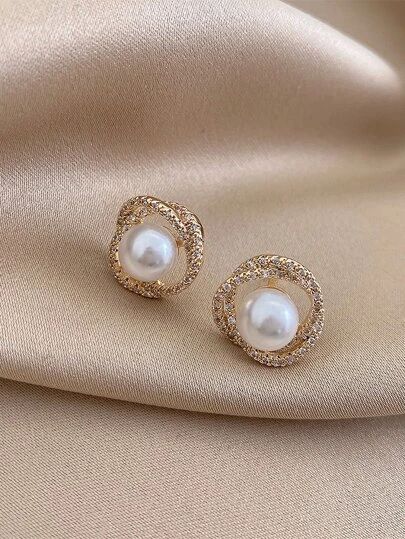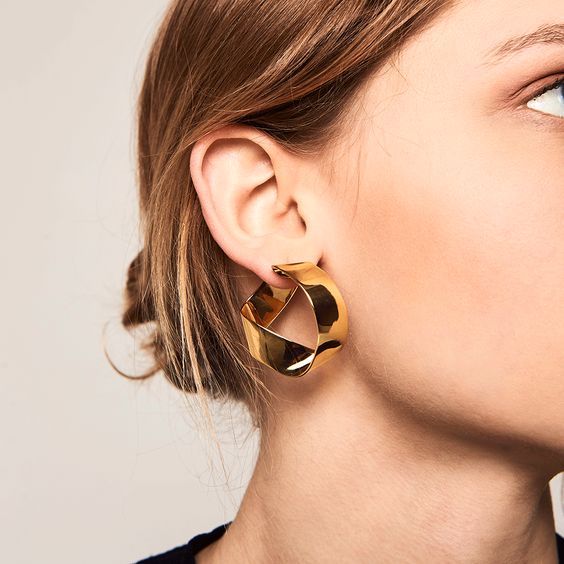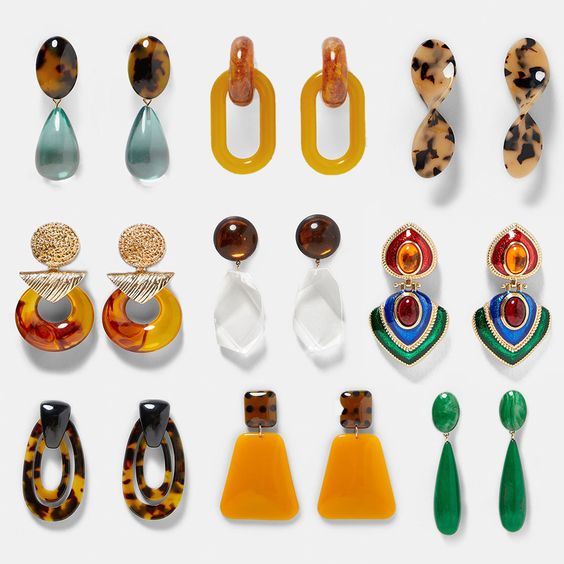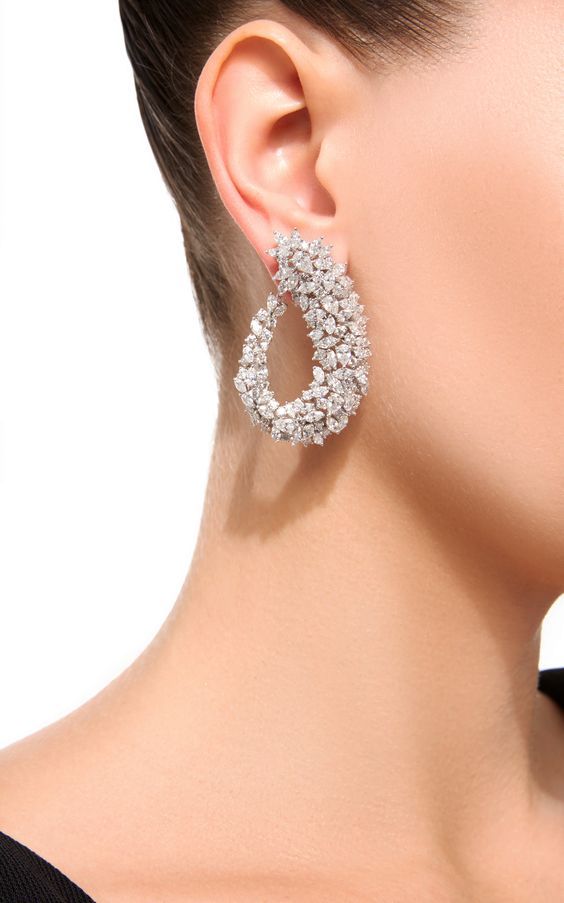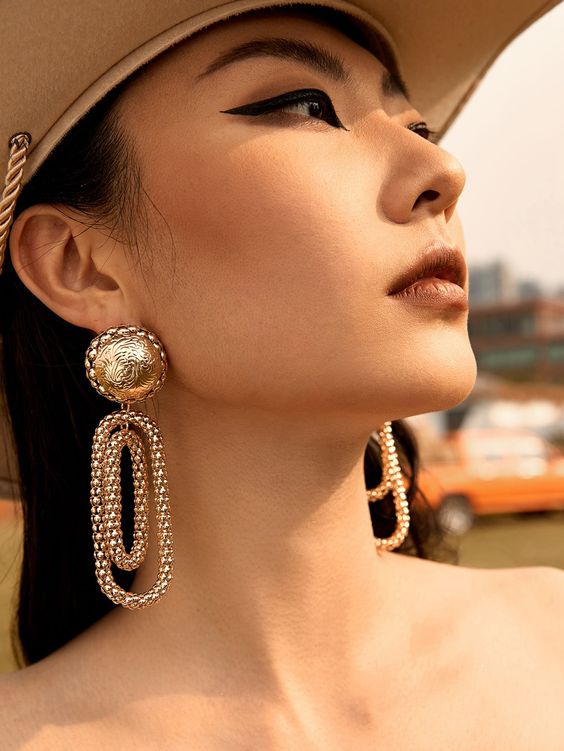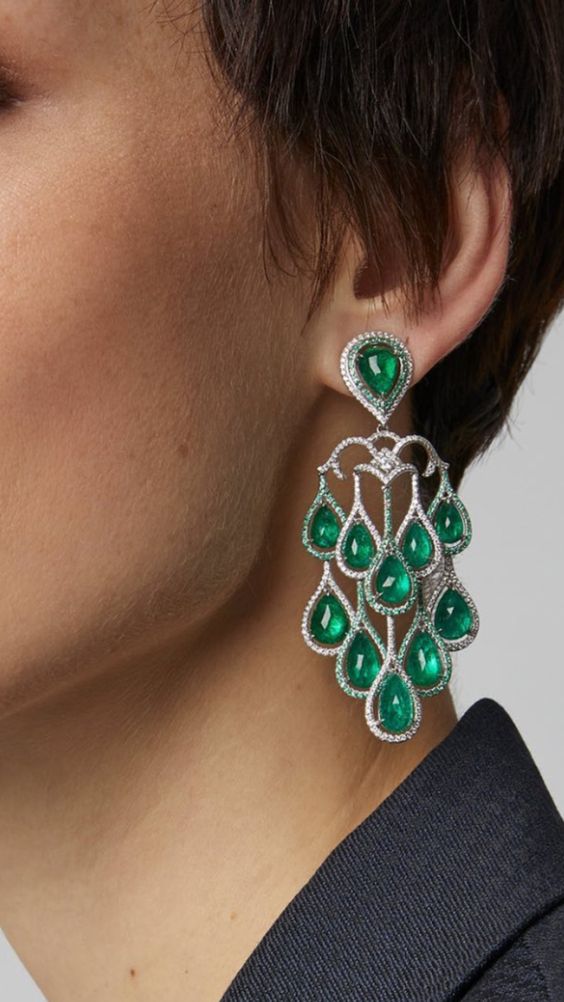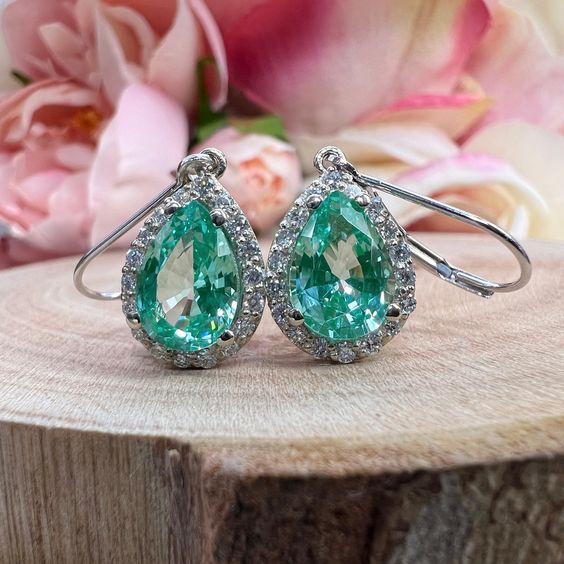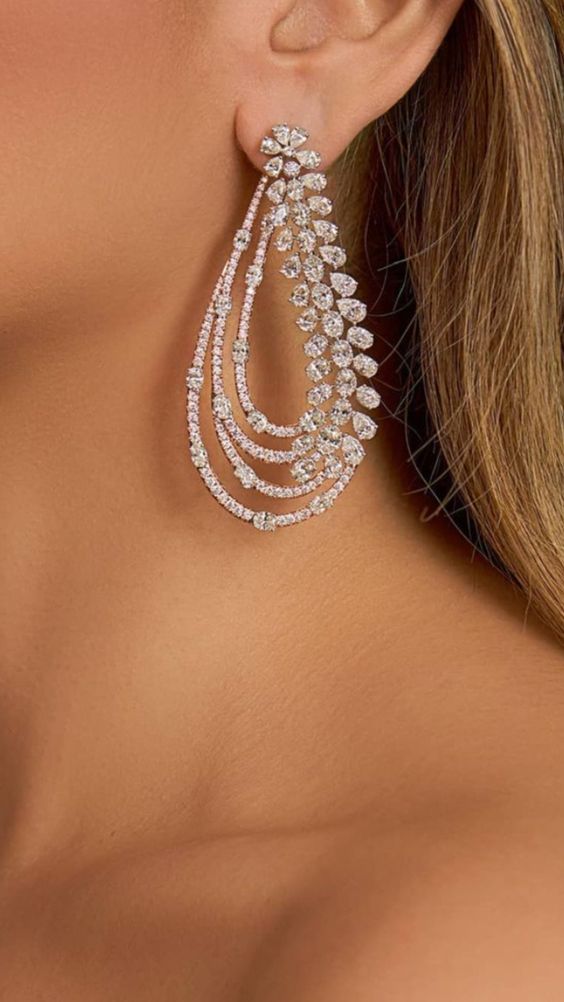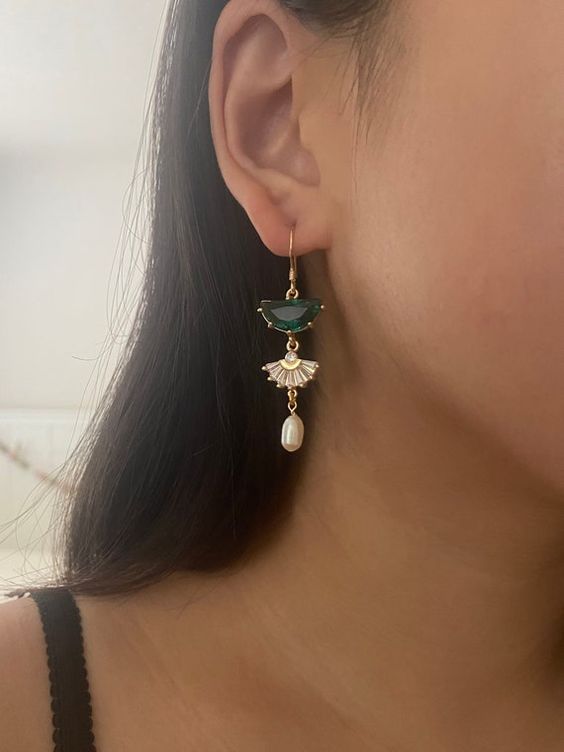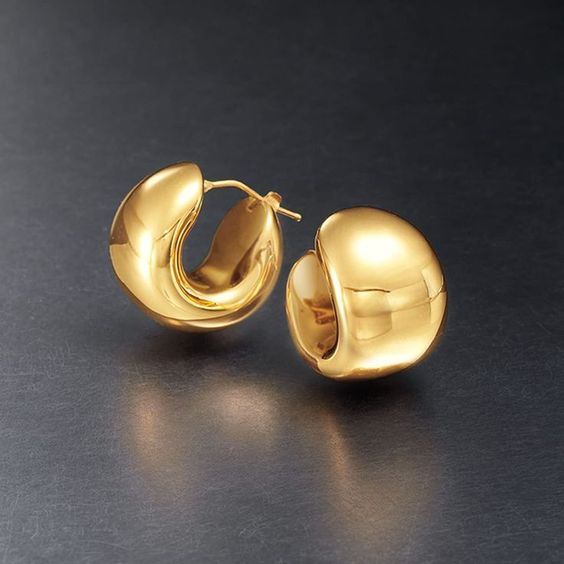Observance piercings are so popular that department store Liberty London famously condensed all the It bags into another part of the shop bottom to make way for the rather grand Maria Tash concession a many times back. The New York- grounded jeweler’s designs famously temporarily popped up in Liberty during fashion week one season, and the rest, as they say, is history.

A precisely and beautifully curated observance is now the accessory du jour. And while the types and combinations of observance piercings you choose are over to you, we are then with help from the experts to help you make an informed decision.
General Tips for Care
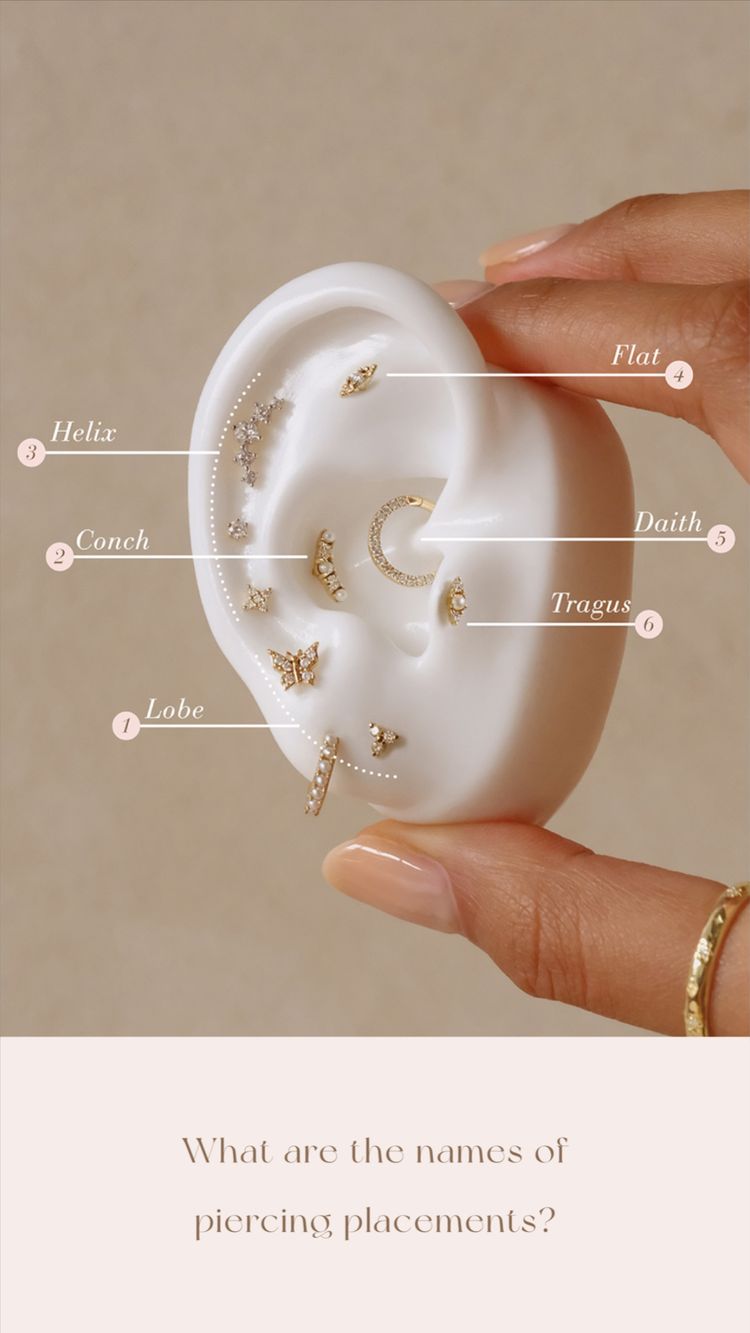
Before you bespeak an appointment for a new observance accessory, be sure to probe how your piercing requirements to be duly watched for. Aftercare is what will keep your piercing looking#instagood rather than infected. According to Brooks,” Do n’t twist, turn, rotate, or sleep on any of your piercings,” as this can increase your threat of infection or vexation, and extend the mending process.
She adds,” Try not to sleep on them and clean them with saline one to two times a day.”
Generally speakings, you will want to steer clear of bodies of water( cataracts, pools, hot barrels,etc.) for six to eight weeks after getting pierced. Also avoid” cleaner, peroxide, Neosporin, Bactine, rubbing alcohol, and other harsh chemicals” from coming into contact with your new piercing.
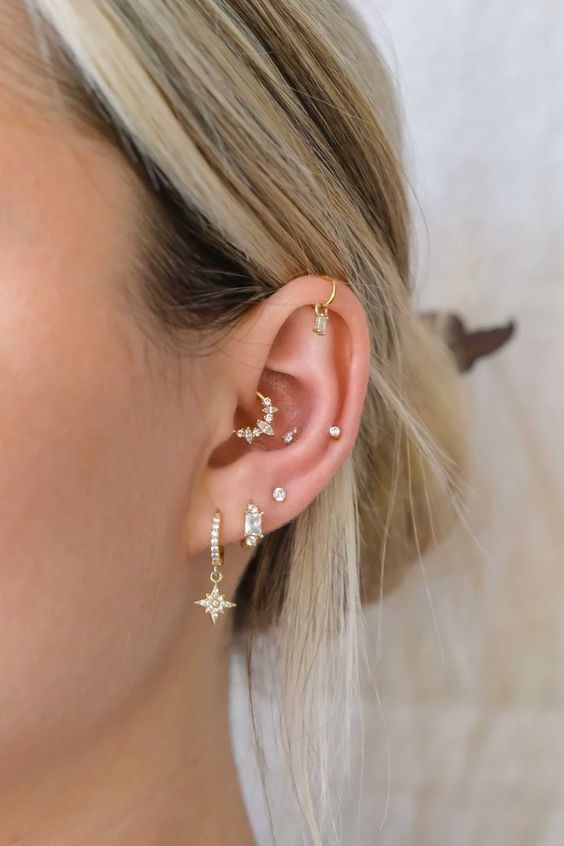
set up in a slightly awkward position — the circle that hugs the cartilage on the inside of your observance the daith requires a professed piercer.
” There are multiple reports of this type of piercing being useful and successful when other medical andnon-medical modalities have failed,” says Nazarian.” The only position that has shown implicit real wisdom for supporting a medical use is piercing of the daith. Some studies have shown that piercing the daith may modulate pain receptors that shoot signals to the brain and relieve migraines and habitual headaches.”
As it’s placed on cartilage, you will feel a dull pressure when getting the daith pierced. As with any new piercings, it isn’t encouraged to sleep on it until it’s completely healed; still, compared to some external– observance piercings, sleeping on a daith piercing within a couple of months is enough common.
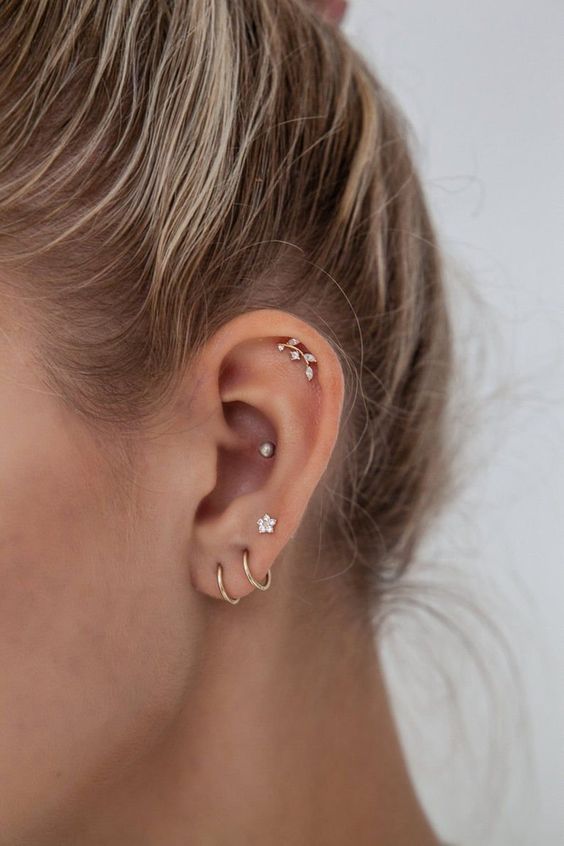
Helix piercings piercings that are placed anywhere on the upper external cartilage of the observance — are frequently the first choice when moving from the lobe. But as verified by Brooks, this” trending flat piercing” has come indeed more popular now, and piercers and guests are experimenting with multiple helix piercings on one observance.
” This is what we all want, introductory or not, these cartilage piercings are super cute and generally land on the edge or middle of the observance for utmost. This area allows for substantiated placements and unique styles. I try to encourage going beyond just the little circle then,” advises Brooks.
Piercings Tragus
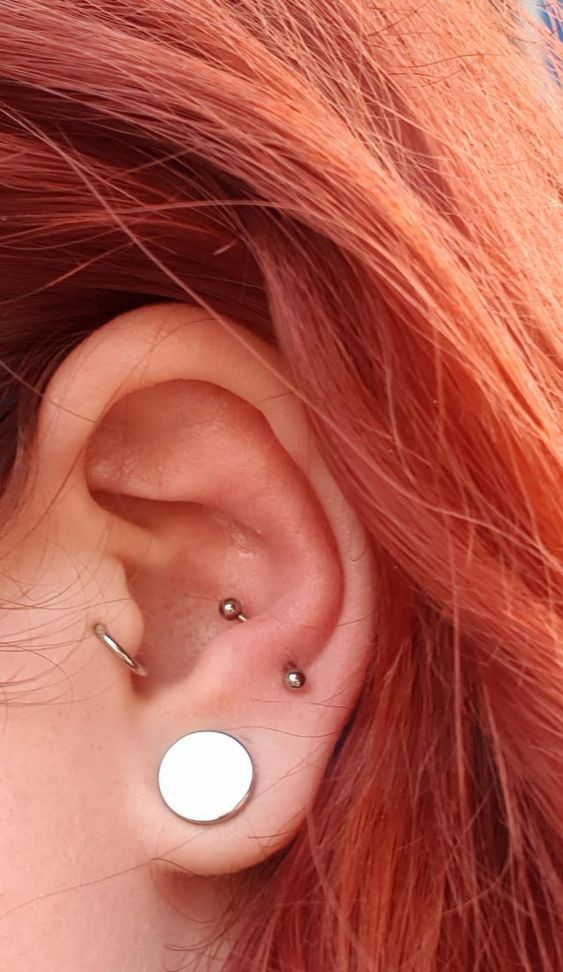
The tragus, that bitsy delirium incompletely covering the observance conduit, can add detail to any curated observance, especially when it’s adorned with a enough stud or snug circle.
According to Brooks,” These little guys are hard to heal as well substantially because no bone wants to give up earbuds during their commute. Because the tragus is there to cover the external part of your observance conduit, piercing through it, your post is going to be blocking where your earbuds go. Each time you take them in and out, it ’ll irritate this piercing. It’s not insolvable to heal, but I do advise my guests that if you are a’ chooser‘ or a’ fidgeter’ like myself, it may not be for you.”
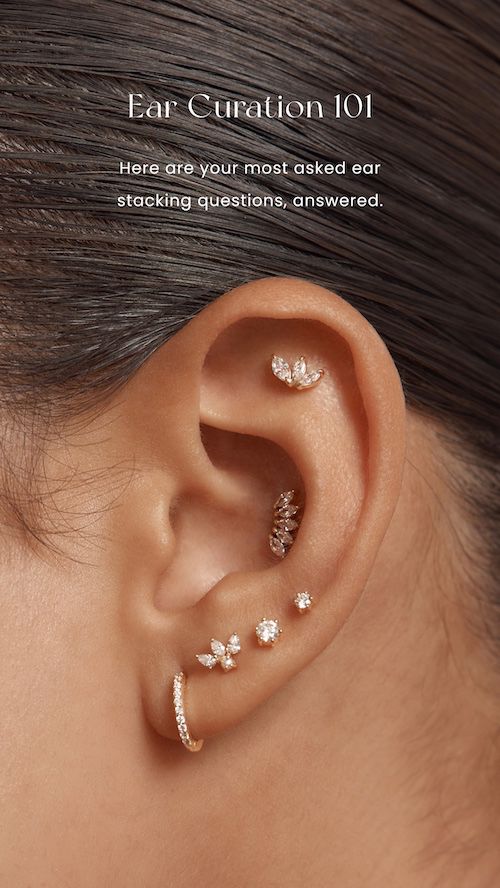
The conch, located in the middle portion of your observance cartilage, gets its moniker from its resemblance to the helical shell of the same name. It’s enough protean and can be pierced with a superstud for a subtle effect, a double superstud( if you are feeling stalwart), or indeed a cuff that can clinch its way around the edge of your observance.
Artificial
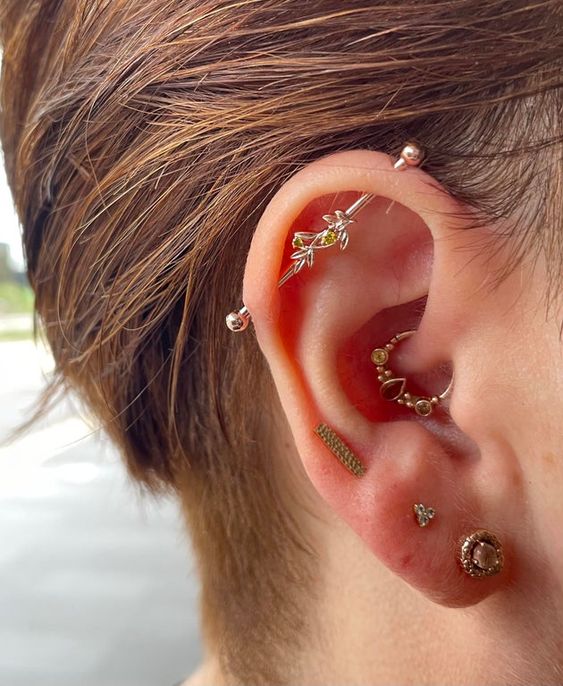
The artificial piercing is basically,” a straight barbell connecting one cartilage piercing to another on the upper observance,” describes Brooks.
” They’re delicate to heal as a result of being two cartilage piercings rather of one. Since the two are also connected they’ve a tendency to get bothered snappily and frequently stay that way,” says Brooks. You will also need to be especially conscious of aftercare” Be so careful of your hair and spectacles resting on this. Sleeping on it’s always a big no– no,” Brooks warns.
Whether you should consider an artificial piercing, Brooks advises,” I generally will steer guests down from this piercing for no other reason than utmost people do n’t keep them because of how long they take to heal.”
High– Lobe
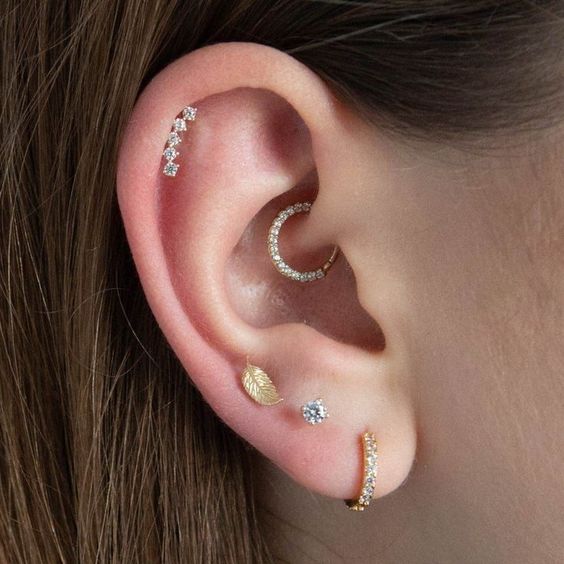
The high– lobe piercing is a delightful way to spice up the lobe. They are especially good for making a point out of a inadequately– placed piercing you may have done before. Thanks to the lobe being so fleshy, the position of piercing pain is vastly low. While mending time is fairly quick that does not mean you should be languorous when it comes to aftercare. You should always be following your piercer’s instructions forpost-care and conservation.

One of the further unusual inner– observance piercings, a tenderfoot piercing inserts in the inner cartilage, above the daith and between the inner conch and the forward helix.
As a cartilage piercing, the tenderfoot does n’t pierce as fluently as say, the lobe. Because of that, you may feel a sharp pain and pressure at first, to be followed by a more general throbbing. And because of how thick the tenderfoot cartilage is it is a pack of cartilage, after all, — it may hurt more than a helix or tragus piercing.
Forward Helix
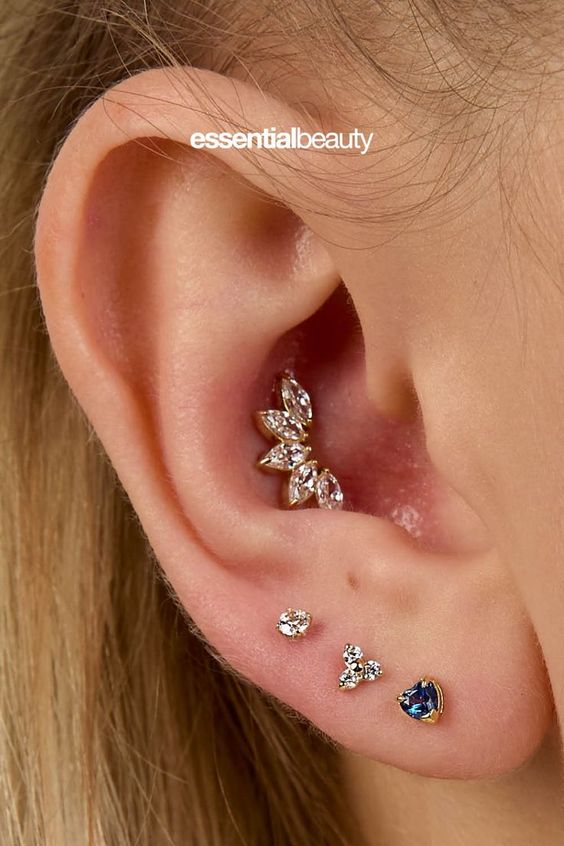
Another cartilage piercing, a forward helix is also placed on the upper observance above the tragus. These piercings are a bit more tricky than your typical helix piercing as the piercing must be lined up impeccably with your observance and will probably hurt more than a standard lobe piercing. Depending on the experience of your piercer, a needle or machine may be used.
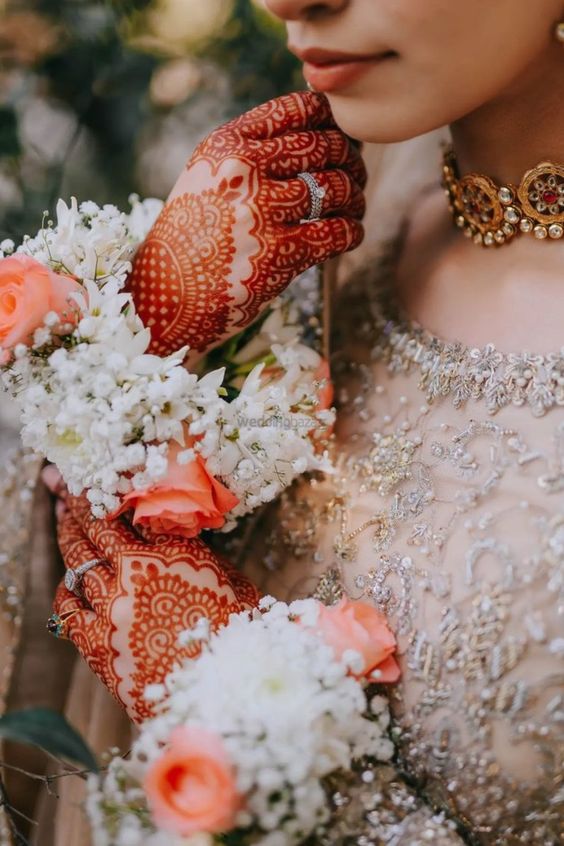
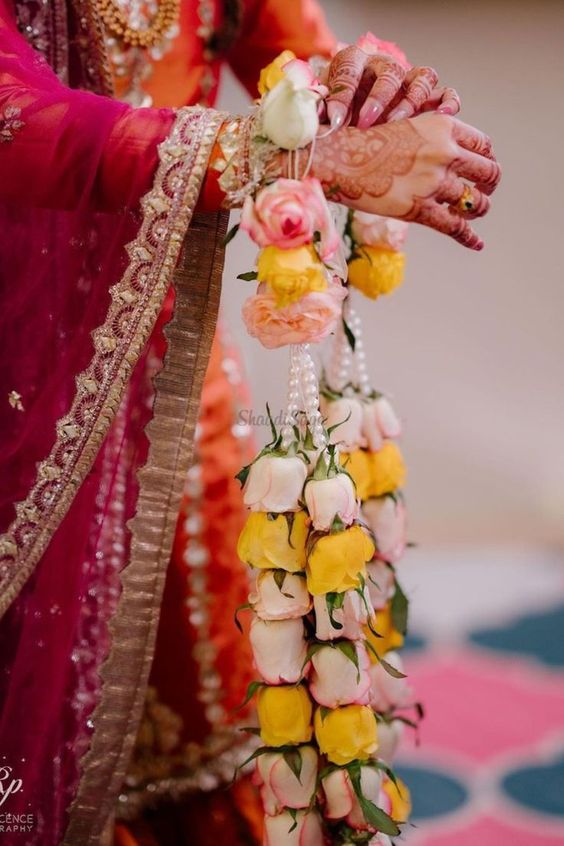
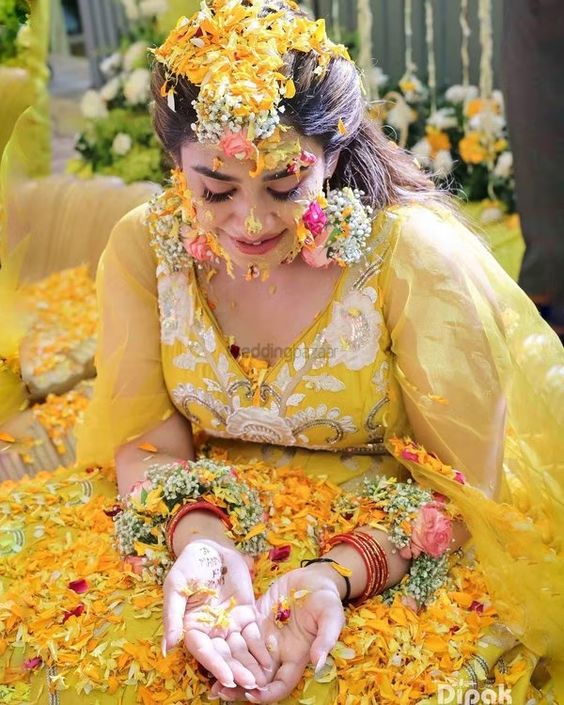
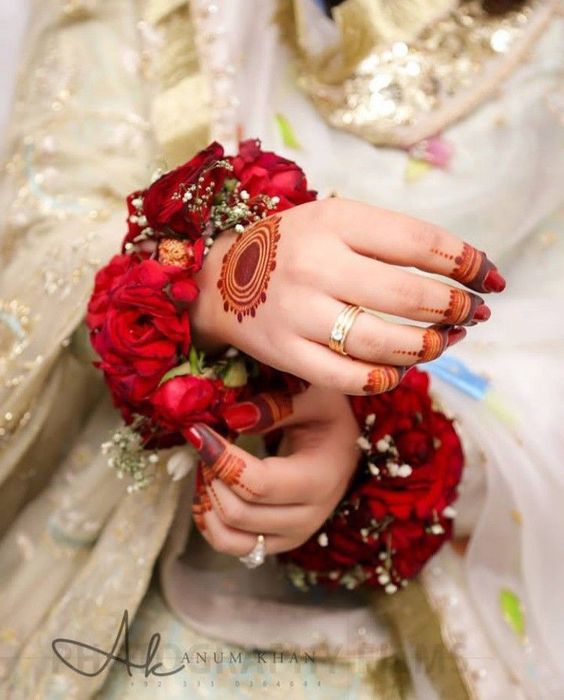 Baby’s breath flowers are delicate and it’s a great idea to balance bridal accessory them out with some flowers.
Baby’s breath flowers are delicate and it’s a great idea to balance bridal accessory them out with some flowers.
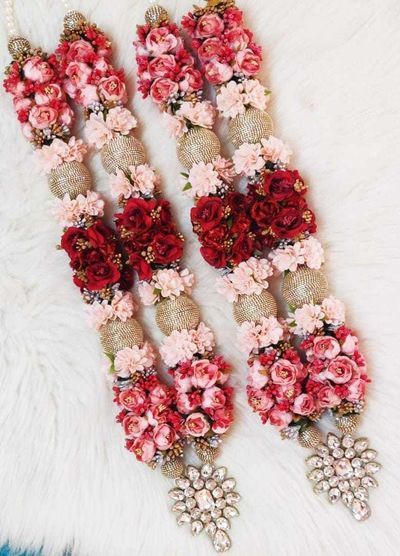
 minimum baby‘s breath flowery kadas are for you if you want to do a simpler look for your Haldi & Mehendi form or if you want to let other rudiments from your look shine! minimum baby‘s breath flowery kadas are also relatively easy to carry as they’re featherlight!
minimum baby‘s breath flowery kadas are for you if you want to do a simpler look for your Haldi & Mehendi form or if you want to let other rudiments from your look shine! minimum baby‘s breath flowery kadas are also relatively easy to carry as they’re featherlight! Baby’s Breath Floral Kadas With Artificial Flowers
Baby’s Breath Floral Kadas With Artificial Flowers Babys’ breath flowery kadas with some artificial flowers will give you the freedom to elevate your Haldi & Mehendi flowery jewellery to the coming position.
Babys’ breath flowery kadas with some artificial flowers will give you the freedom to elevate your Haldi & Mehendi flowery jewellery to the coming position.
 Floral jewellery has bridal accessory now come a term synonymous with mehendi observances. After all, they help capture the capricious vibe of the function with much finesse.
Floral jewellery has bridal accessory now come a term synonymous with mehendi observances. After all, they help capture the capricious vibe of the function with much finesse.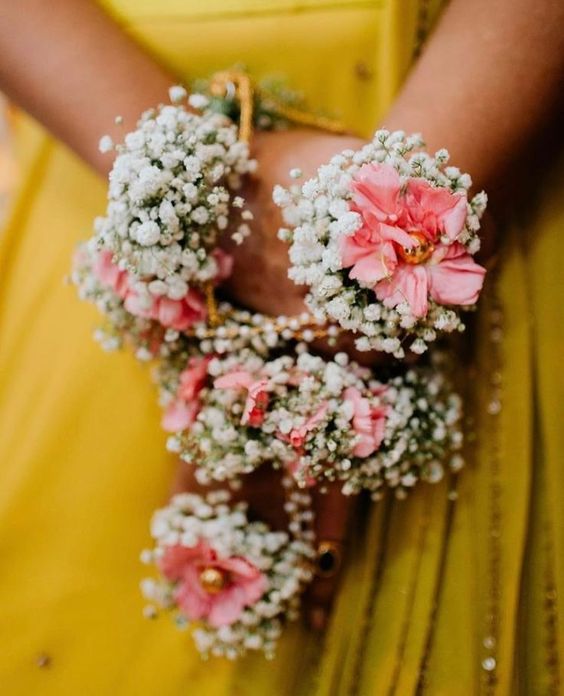
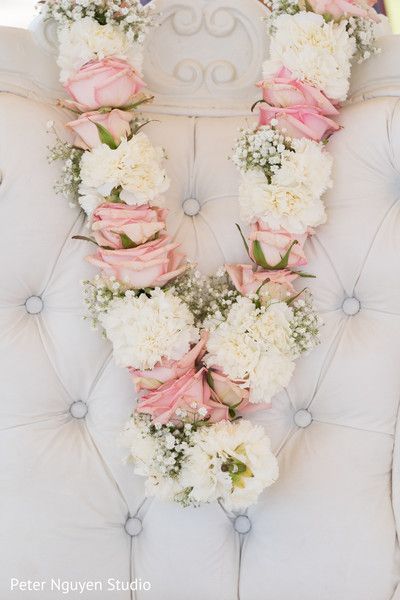 Floral jewellery developer and a name we all know too well, Floral Art by Srishti is a brand that settlers in gorgeous flowery jewellery. Be it maangtikkas, haanthphools, necklaces, earrings, or indeed jaimalas and flowery kadas, Floral Art is one of the stylish brands out there to get your flowery jewellery from. And they have successfully nominated the new marriage season with their beautiful new collection called‘ The Bridal Story’.
Floral jewellery developer and a name we all know too well, Floral Art by Srishti is a brand that settlers in gorgeous flowery jewellery. Be it maangtikkas, haanthphools, necklaces, earrings, or indeed jaimalas and flowery kadas, Floral Art is one of the stylish brands out there to get your flowery jewellery from. And they have successfully nominated the new marriage season with their beautiful new collection called‘ The Bridal Story’.